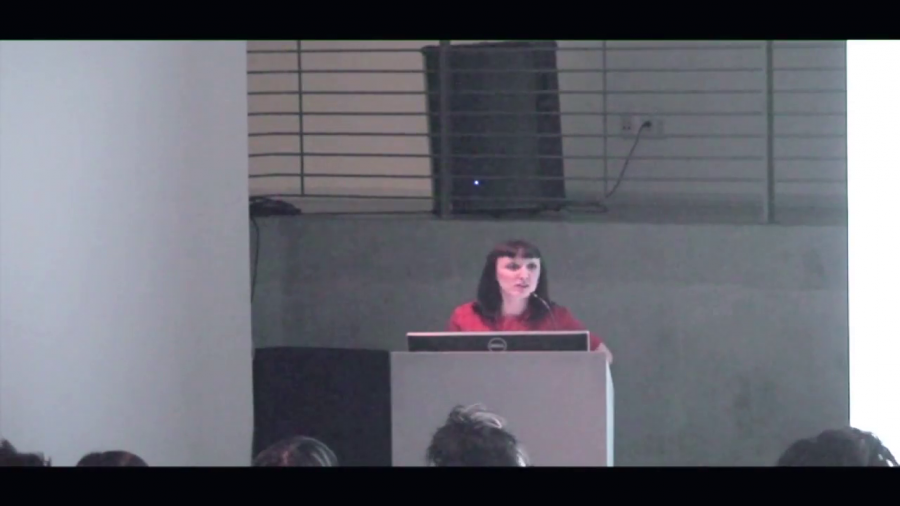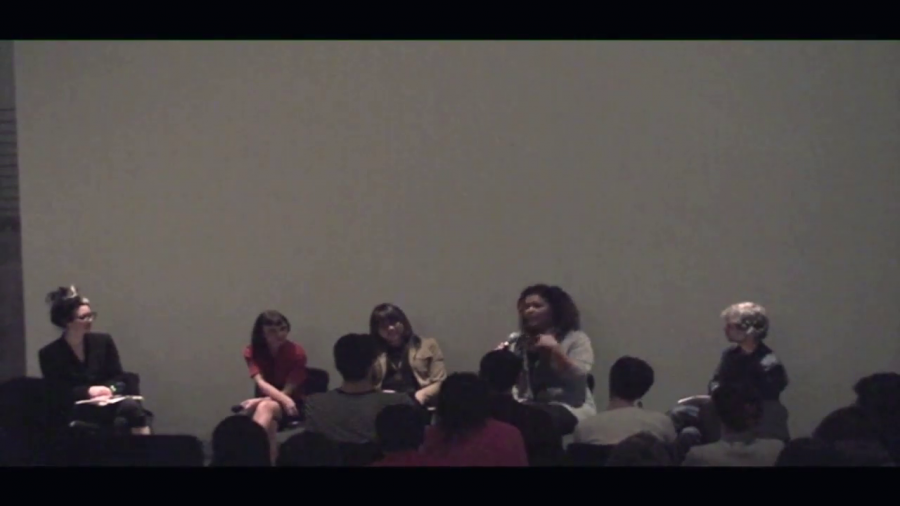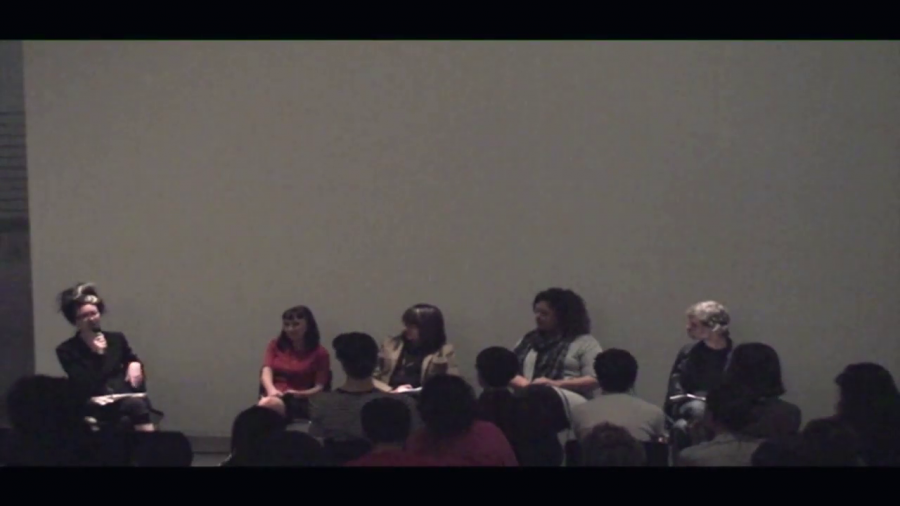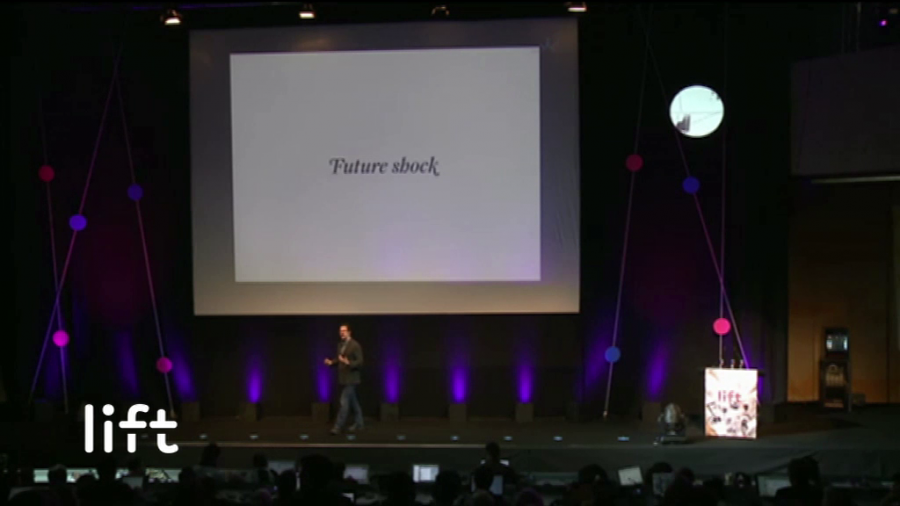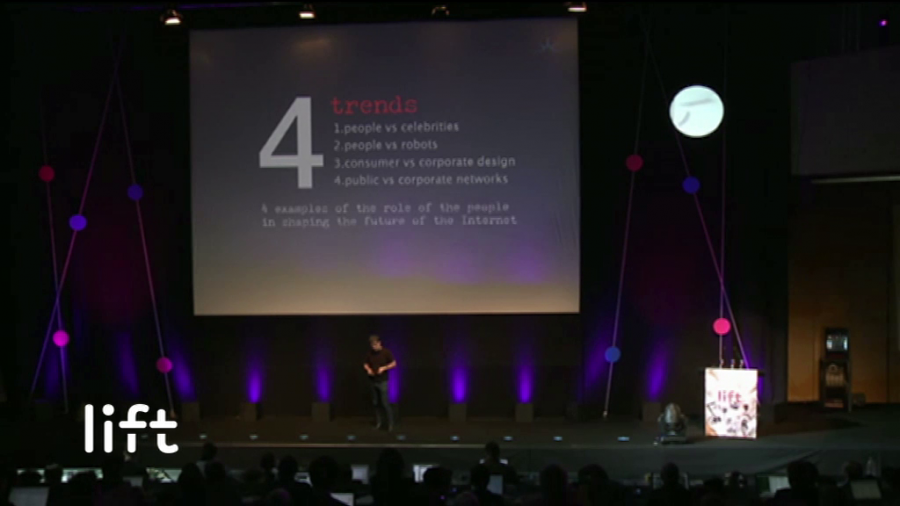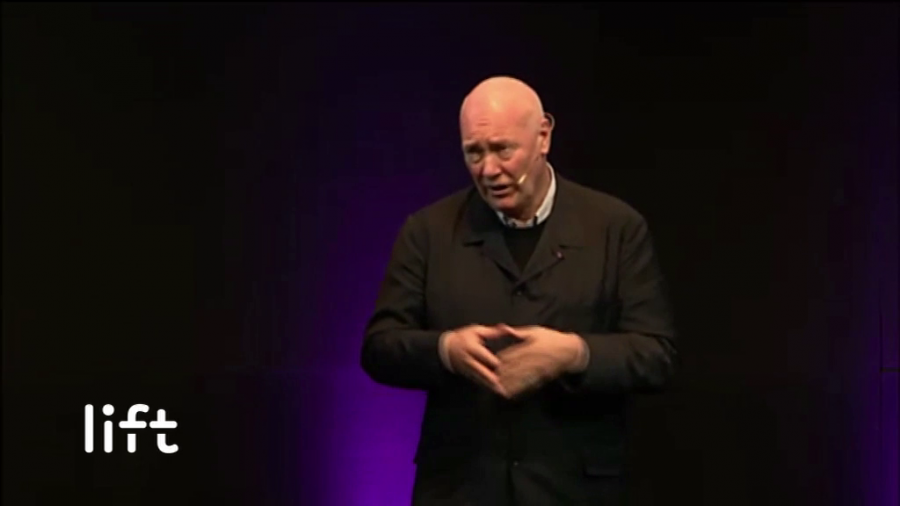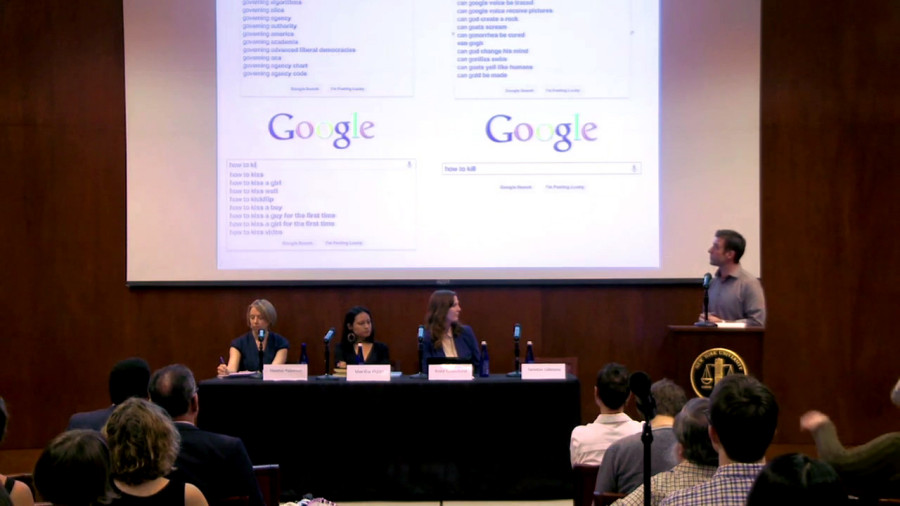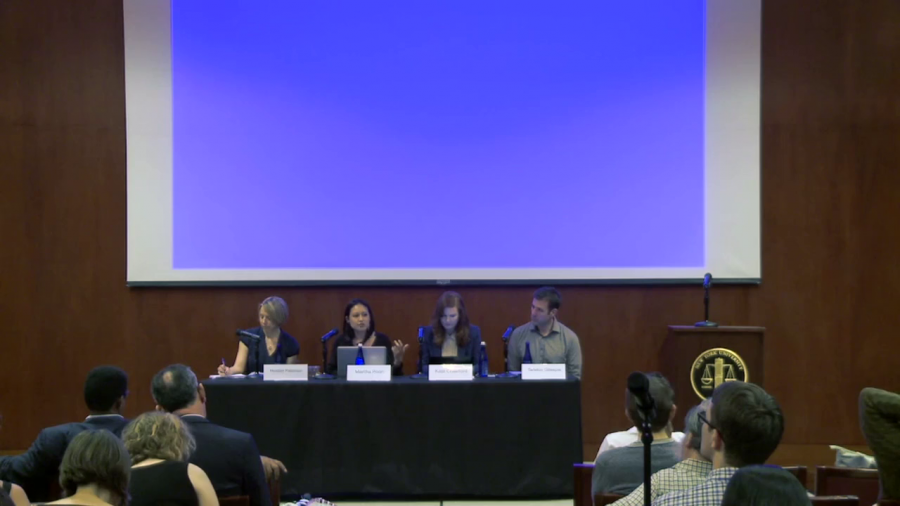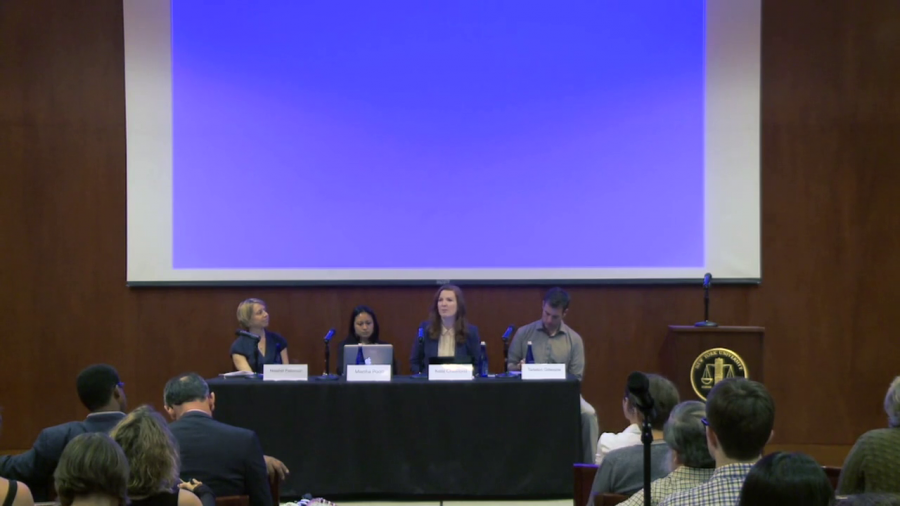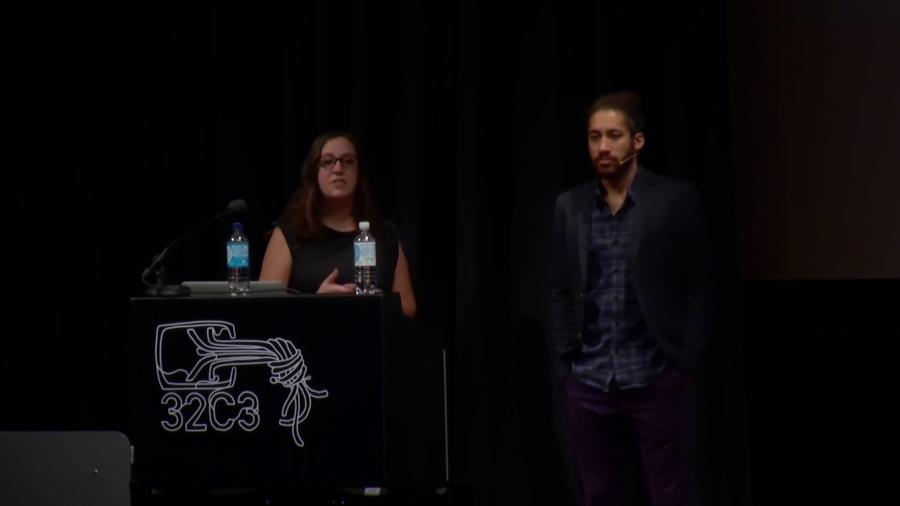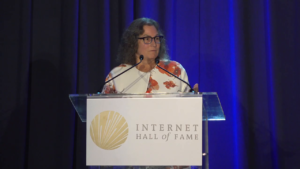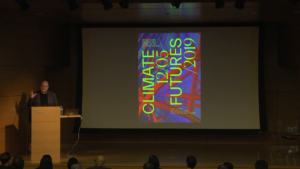What I’m arguing primarily today is that focusing on pedagogy is a key aspect of social justice work, and that teaching critical data literacy along with other digital literacy skills is a key part of what we need to do.
Elise Gerich’s Internet Hall of Fame 2019 Induction Speech
presented by Elise Gerich
Part of my networking experience as I grew as a networking person, and Internet person, people would come up and say, "Well what was it like to be a woman in a men's field?" And I've gotta compliment the Merit folks who hired the NSFNET staff. They were gender-blind. Read more →

